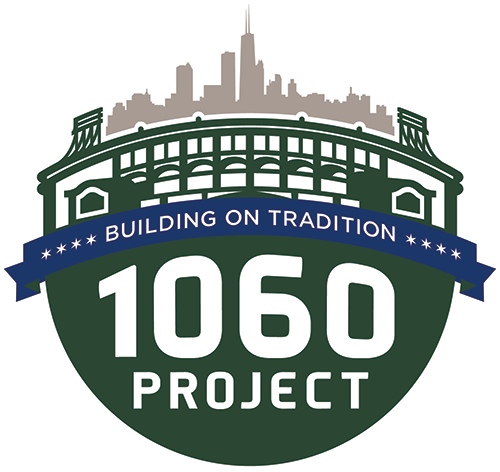
The planned construction and restoration will create approximately 2,100 new jobs in addition to the 7,000 jobs already supported by Wrigley Field.
Wrigley Field supports economic activity and jobs
According to research by Conventions, Sports & Leisure International, Wrigley Field accounts for nearly 7,000 jobs, as well as $244 million in personal annual earnings. More than $638 million in economic activity is generated every year, which includes hotels, restaurants, bars, transportation options, rooftops and the many other businesses which benefit from Cubs baseball. More than $80 million in local, county and state taxes are collected every year. These tax revenues have been in decline and are in danger of shrinking further unless the ballpark is restored.
A restored Wrigley Field creates jobs
The Ricketts family has committed to making a nearly $1 billion investment to expand and restore Wrigley Field and develop the surrounding area of the ballpark, which will be among the largest financial investments currently underway in Chicago. The project will generate $57 million in additional annual net new direct spending and will create approximately 2,100 new jobs -- including 1,300 permanent and 800 construction jobs.
Additional commercial activity generated by the Cubs during the construction project will flow into the neighborhood, benefitting local businesses. In fact, it is estimated the project will bring $94 million in additional annual impact to the economies of Chicago and Illinois.
The Cubs will schedule construction work to occur in the offseason to keep Cubs baseball in Wrigley Field, which will protect thousands of jobs and millions of dollars in tax revenue, as well as neighborhood businesses.
The plan is supported by the Chicago Federation of Labor, Service Employees International Union (SEIU), the Chicago & Cook County Building and Construction Trades Council, the Construction Industry Service Corporation, Illinois Restaurant Association, Illinois Hotel and Lodging Association, Chicagoland Chamber of Commerce and Greater North Michigan Avenue Association and River North Business Association.
Wrigley Field supports diversity
Both the Ricketts family and the Cubs want to ensure a talented and diverse workforce participates on this historic project.
A restored and expanded Wrigley Field will be helped by a legacy of successful companies and individuals who have an opportunity to grow their skills and careers. The Chicago Cubs are excited to grow the workforce of tomorrow and help provide opportunities to diverse businesses and residents across Chicago. Ensuring diversity and inclusion is not only the right thing to do; it makes good business sense.
Wrigley Field supports Lakeview and Chicago business
Wrigley Field's neighborhood location supports local business. Every home game, Cubs fans patronize locally-owned bars, restaurants, hotels and stores in unprecedented numbers. A recent report indicated visiting fans spend on average $104 a visit bringing hundreds of thousands of dollars to local businesses for every home game. Making sure Wrigley Field continues to provide a first-class fan experience is vital to thousands of jobs and a thriving Lakeview neighborhood.
Wrigley Field supports tourism
Wrigley Field is one of the most visited attractions in Illinois, bringing in millions of out-of-state tourists. These visitors spend millions of dollars each year keeping Lakeview and Chicago working. Among sports venues, the Friendly Confines is the largest tourist attraction in the state. On some days, up to 70 percent of those who attend Cubs games are from outside the City of Chicago and 37 percent from outside the State of Illinois. Visiting fans and tourists spend millions of dollars in Chicago at local business, adding revenue to the city, state and county.
The bottom line on jobs
A restored and expanded Wrigley Field will be a stronger economic engine for Chicago, creating new jobs for the future. At a time when Illinois and Chicago are facing high unemployment and declining tax revenues, the restoration and improvement of this iconic ballpark will provide a widespread and needed economic boost for Chicago and Illinois.


